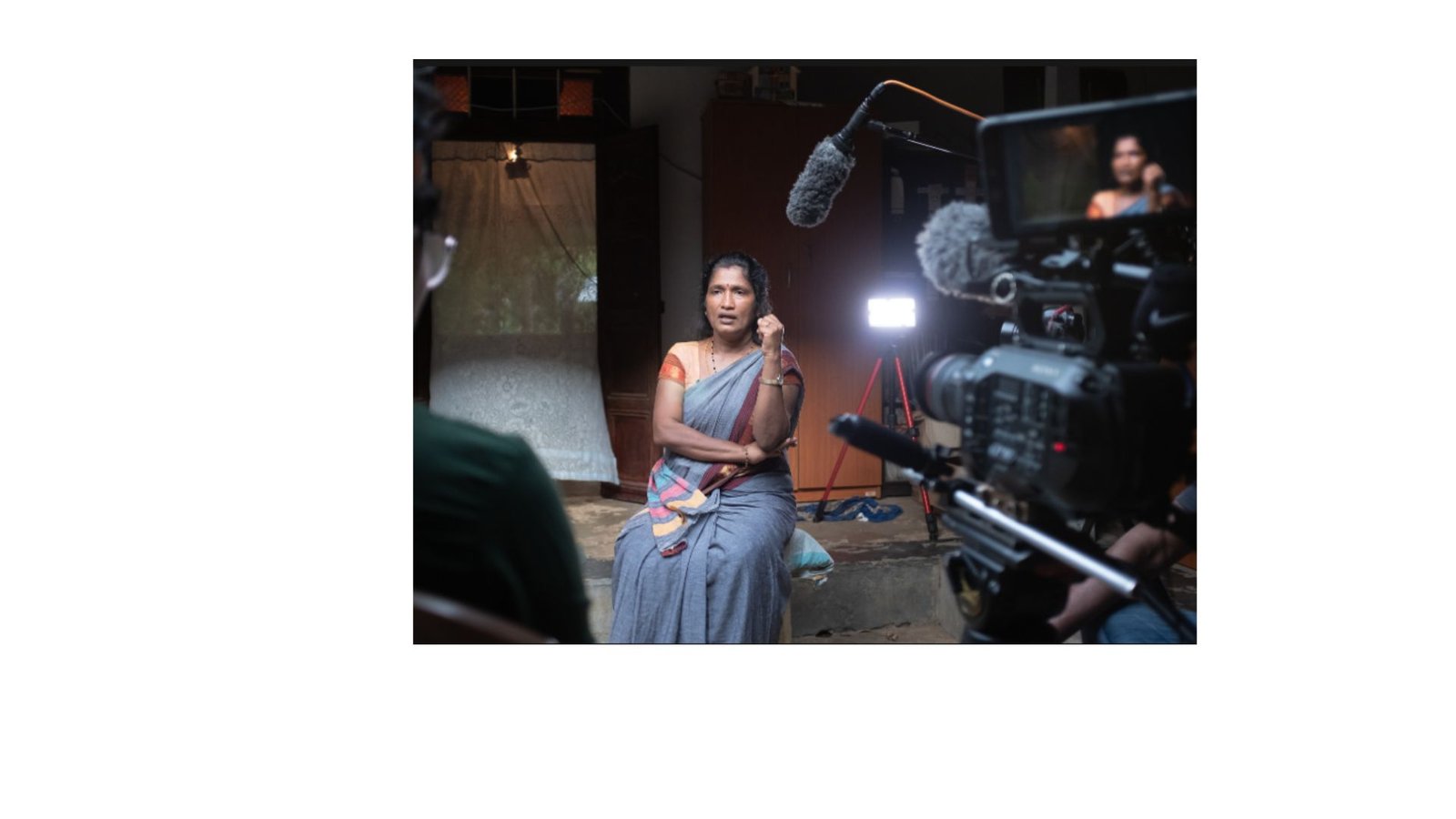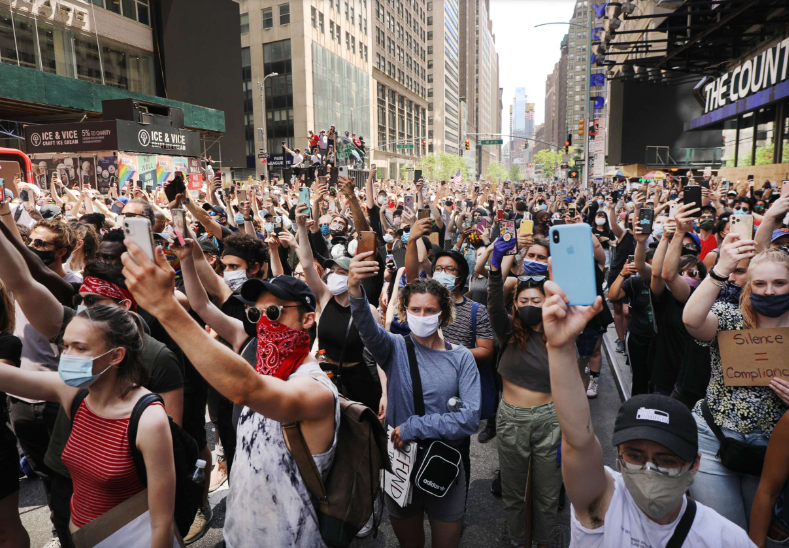|
Getting your Trinity Audio player ready...
|
In the realm of human rights advocacy, filmmakers serve as powerful agents of change, utilizing their craft to shine a light on injustices and inspire action. This blog post explores the pivotal role of filmmakers as activists for human rights, delving into their ability to amplify marginalized voices, raise awareness, and catalyze social movements.

Empowering Marginalized Voices
Filmmakers play a crucial role in amplifying the voices of marginalized communities, providing a platform for their stories to be heard. Through documentaries, narrative films, and other cinematic works, filmmakers capture the lived experiences of those affected by human rights violations, shedding light on issues that may otherwise go unnoticed. By giving voice to the voiceless, filmmakers empower marginalized communities to share their truths and demand justice.
Raising Awareness Through Visual Storytelling
Moreover, filmmakers leverage the power of visual storytelling to raise awareness about human rights issues and inspire empathy among audiences. Through compelling narratives and vivid imagery, they transport viewers into the lives of individuals facing oppression, discrimination, and violence. By humanizing abstract concepts and personalizing stories, filmmakers compel audiences to confront uncomfortable truths and confront the urgency of addressing human rights abuses.
Documenting Injustice and Advocating for Change
Furthermore, documentary filmmakers serve as watchdogs, documenting human rights abuses and advocating for accountability and justice. Armed with cameras and a commitment to truth-telling, they uncover systemic injustices, expose corruption, and amplify the voices of survivors and activists. Also, through meticulous research and investigative reporting, documentary filmmakers challenge impunity and catalyze public outrage, driving demands for reform and institutional change.
Sparking Dialogue and Fostering Empathy
Additionally, filmmakers spark dialogue and foster empathy by presenting complex human rights issues in a relatable and accessible manner. By weaving together personal narratives, expert analysis, and archival footage, they provide audiences with a comprehensive understanding of the social, political, and cultural contexts surrounding human rights violations. Through screenings, panel discussions, and educational initiatives, filmmakers engage audiences in critical conversations about justice, equality, and dignity for all.
Collaborating with Advocacy Organizations and Grassroots Movements
Filmmakers often collaborate with advocacy organizations and grassroots movements to amplify their impact and drive social change. By partnering with activists, lawyers, and affected communities, filmmakers ensure that their work has real-world relevance and resonates with those on the frontlines of human rights struggles. Through strategic alliances and targeted outreach efforts, filmmakers mobilize public support, galvanize solidarity, and leverage their influence to effect meaningful change.
Navigating Ethical Challenges and Responsibilities
Furthermore, filmmakers navigate ethical challenges and responsibilities inherent in representing human rights issues on screen. They must balance the need for authenticity and truthfulness with the potential risks of retraumatizing survivors or endangering vulnerable communities. By adhering to ethical guidelines, seeking informed consent, and prioritizing the well-being of those involved, filmmakers uphold their commitment to ethical storytelling and responsible advocacy.
Leveraging New Technologies for Impact
Moreover, filmmakers are embracing new technologies to expand their reach and impact in advocating for human rights. Virtual reality (VR), interactive documentaries, and social media platforms offer innovative ways to engage audiences and create immersive experiences. These technologies allow viewers to step into the shoes of individuals experiencing human rights abuses firsthand. It fosters deeper empathy and understanding. By harnessing the power of technology, filmmakers are pushing the boundaries of storytelling and driving greater awareness and action on human rights issues.
Fostering International Solidarity in Film makers
Lastly, film makers foster international solidarity by connecting audiences across borders and cultures. Also, human rights films transcend linguistic and cultural barriers, resonating with audiences around the world and building bridges of empathy and understanding. Through international film festivals, cross-cultural collaborations, and digital distribution platforms, filmmakers create spaces for global dialogue and collective action. By uniting people from diverse backgrounds in the pursuit of justice and dignity, filmmakers inspire hope. All this for a more inclusive and equitable world.
Conclusion
Film makers serve as activists for human rights. Harnessing the power of storytelling to amplify marginalized voices, raise awareness, and advocate for change. Through their creative vision, dedication to truth-telling, and collaborative spirit, filmmakers inspire empath. They spark dialogue, and mobilize communities to confront injustice and uphold the principles of human rights for all.

